How to Treat Itchy Skin During Pregnancy?
Mild itching is very common in pregnancy. This happens due to the increased supply of blood to the skin. With the progress of your pregnancy and growth of your baby, the skin of the abdomen gets stretched. This can make it itchy and give you discomfort. Though mild itching won’t cause any harm to you and your baby, but if left untreated can take a big form. So, to prevent it from becoming severe, we have listed a few ways that soothes itchiness and becomes comfortable.
Use A Moisturizer
Application of moisturizer makes your skin hydrated. Your skin becomes healthy and elastic throughout the hormonal changes. Maintaining the right balance of moisture assist you stay comfortable and deal with back pain, fatigue and morning sickness.
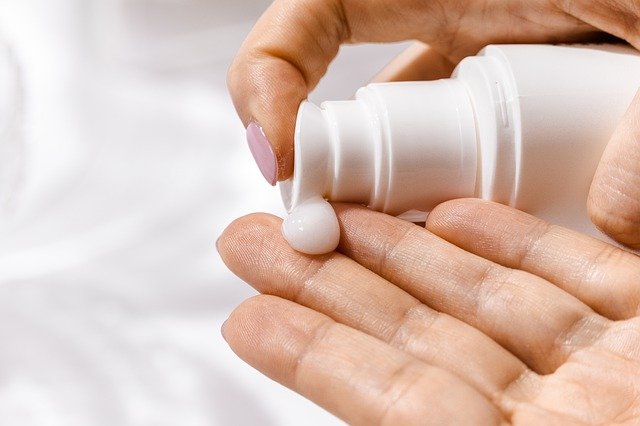
Apply a moisturizer just after taking a bath. This will prevent dryness and itching of the skin. Nowadays, you will get moisture enriched liquid soaps that do not feel harsh on skin. It keeps skin supple and soft throughout the day.
So, the time when you find that you are pregnant, you should get into the habit of pampering your skin with a good quality moisturizer. This will prepare your skin to deal with future changes like itchiness, that you are likely to see on your skin. Keep this routine for the next nine months. This is the tried and tested safe way to prevent itchiness of the skin during pregnancy.
Take cold bath
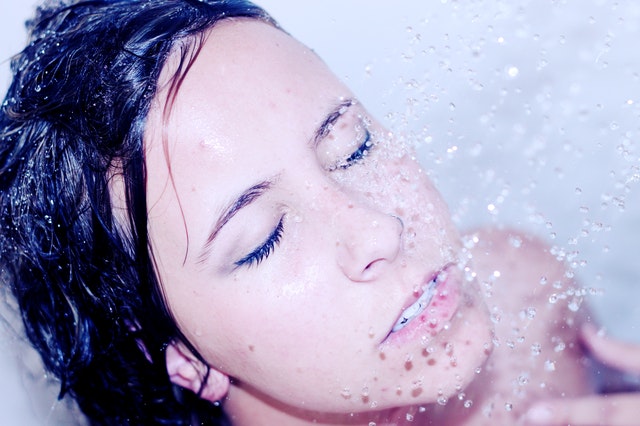
To get more relief, choose to take a cool shower. Warm water takes away the oil from the skin leaving it dry. So, lowering the temperature of your bathing water can help in prevention of itching to a good extent. You can even add a nourishing bath oil to the water to keep your skin silky soft and fresh.
Don’t use exfoliators
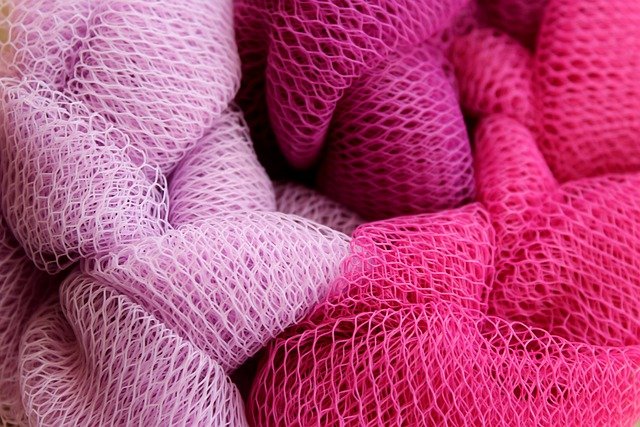
The exfoliating scrubs, and loofah should not be used during pregnancy. This is because they help you get rid of dead skin cells present on the surface of the skin. This can make it dry and itchy later.
Wear loose clothes
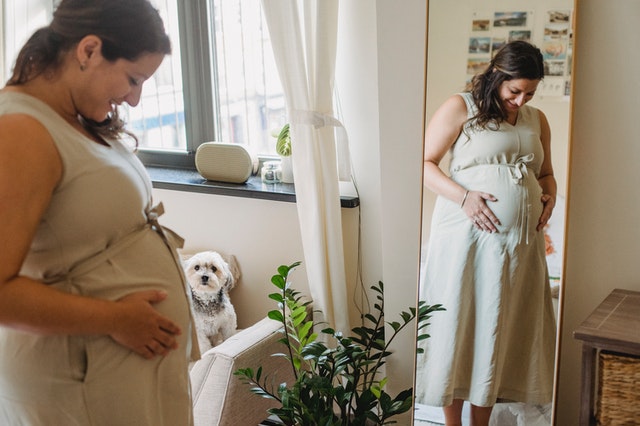
After a cold bath, and application of moisturizer, next solution to get rid of itching is to wear loose clothes. Such clothes won’t rub your skin and cause irritation to it. In this way, loose clothes assist in the prevention of itching. Avoid clothes made from synthetic materials. Prefer natural fabrics like cotton to allow proper circulation of air in the skin.
Coconut Oil
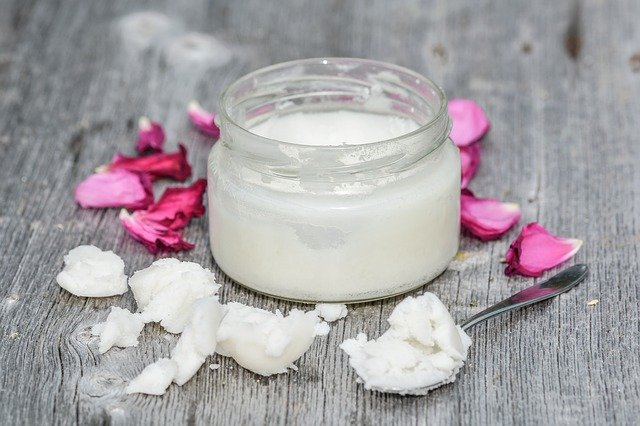
Just like moisturizing lotions and gels that you get in the market, coconut oil is a natural moisturizing agent. It does the same work of a moisturizer. It seeps deeply into the skin to efficiently reach the dry areas of the body and form a moisture layer to enhance skin hydration.
Another important benefit of coconut oil is that it contains antimicrobial properties, that soothes skin and treats inflammation and irritation. All you need is to take a good quantity of coconut oil in your palms and begin massaging your skin to relieve itchiness.
Aloe Vera Gel
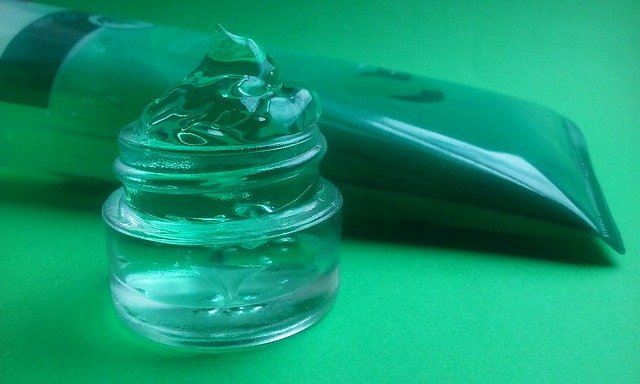
Just like coconut oil, Aloe Vera gel also possess remarkable properties to get rid of skin irritation and itchiness. You can get the Aloe Vera gel from the store, or even obtain this gel directly from peeling the leaf of this plant. Apply this gel on your skin. The moisturizing and hydrating attributes in Aloe Vera gel provides the much-needed moisture to the skin during the pregnancy. You will notice that your skin becomes soft, and soothing after its application.
Don’t rub but pat your skin
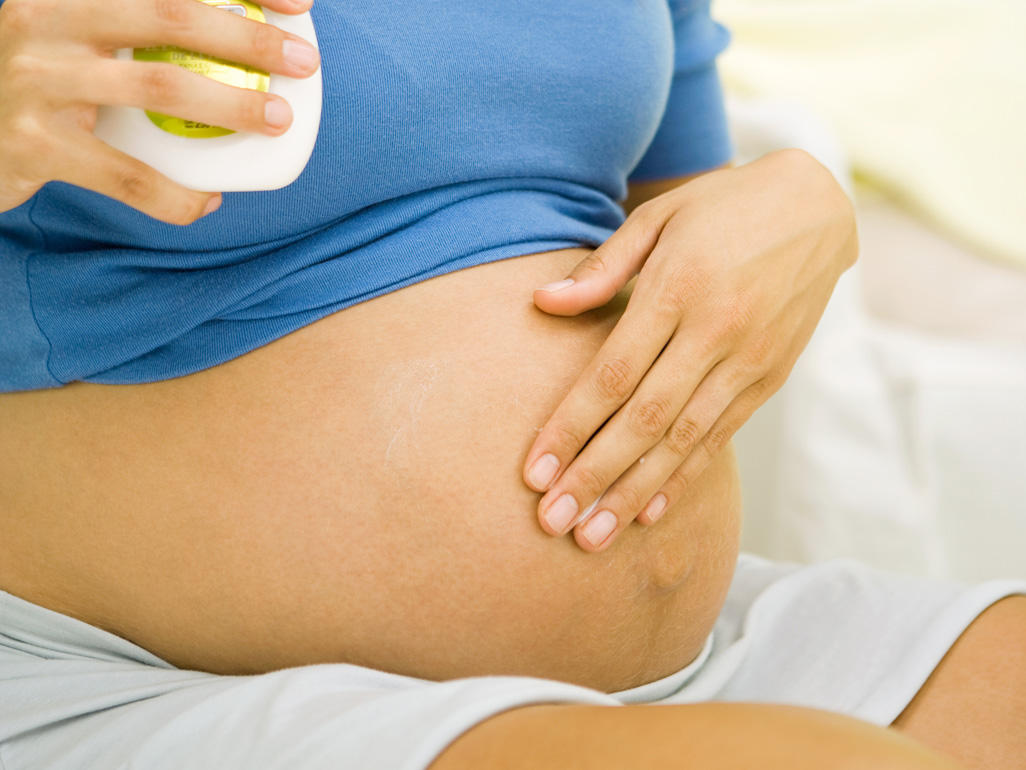
Many women have the habit of vigorous rubbing their skin back and forth that can lead to micro-tears, dryness and irritation. This helps in efficient prevention of itchy skin. The best way to dry your skin is to gently pat on it with a soft fabric towel after a shower or bath. It also helps in removal of excess water from the skin while keeping your skin soft. Another benefit of patting on the skin feels like a mini massage. It has the ability to relax you during this tiring pregnancy period.
Conclusion: How Safe Is It To Wear Make-Up During Pregnancy?
Conclusion
Mild itching is not a serious problem. All these above ways are proven to treat mild itching effectively. If the itching gets severe, then it is an indication of a serious liver condition “obstetric cholestasis”. Though it is rare to happen, but needs special medical attention. Consult your health care provider to treat it at the earliest.
